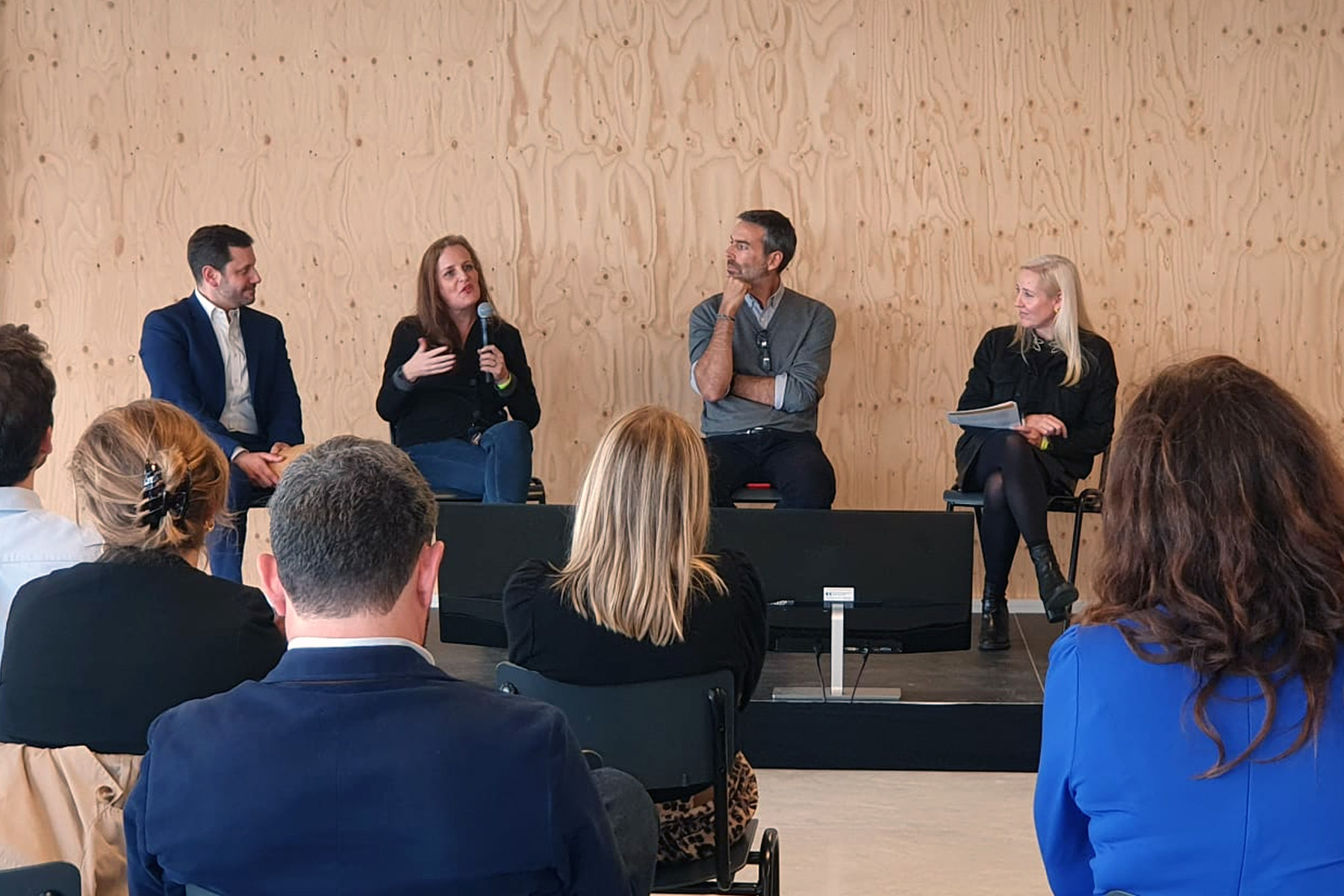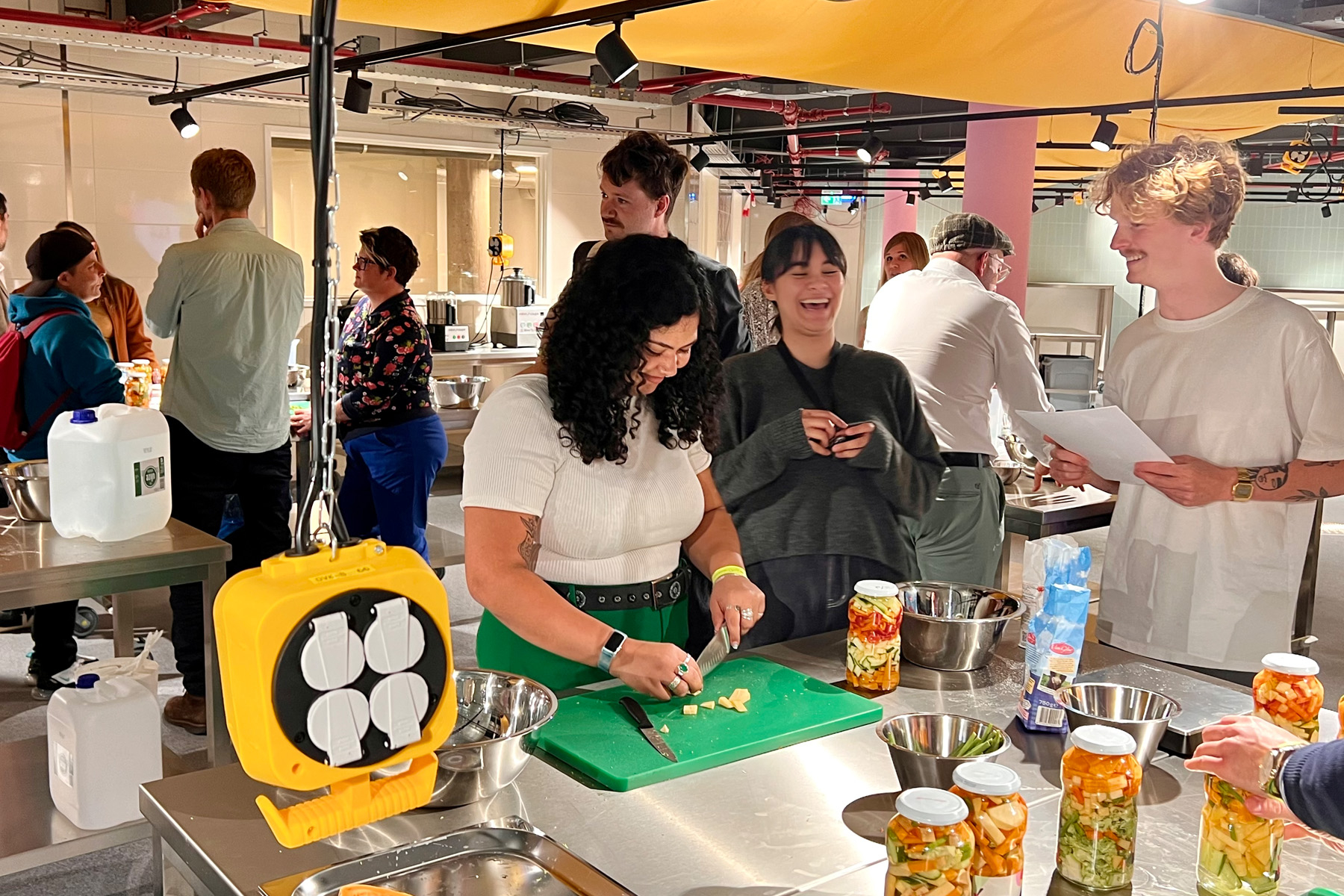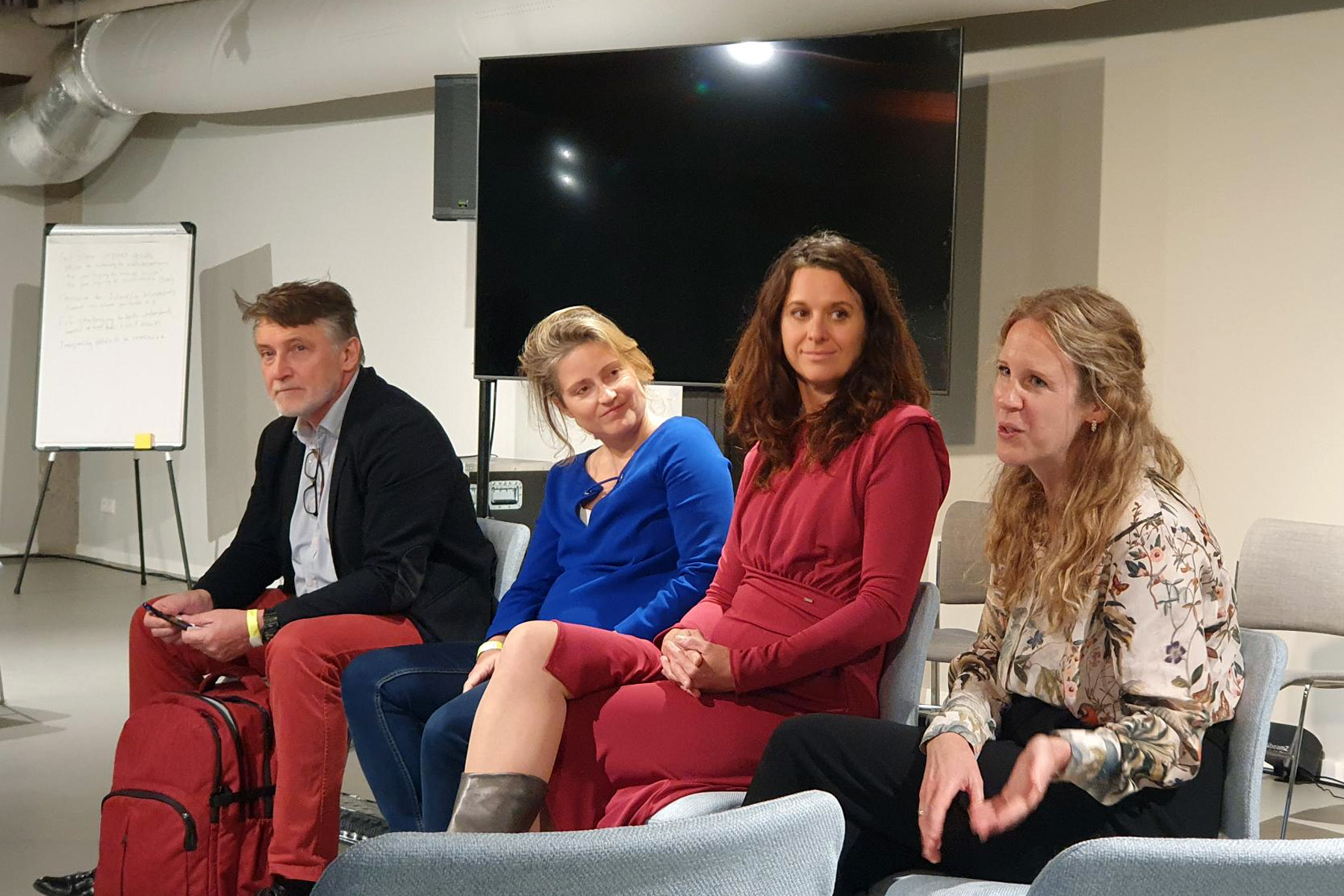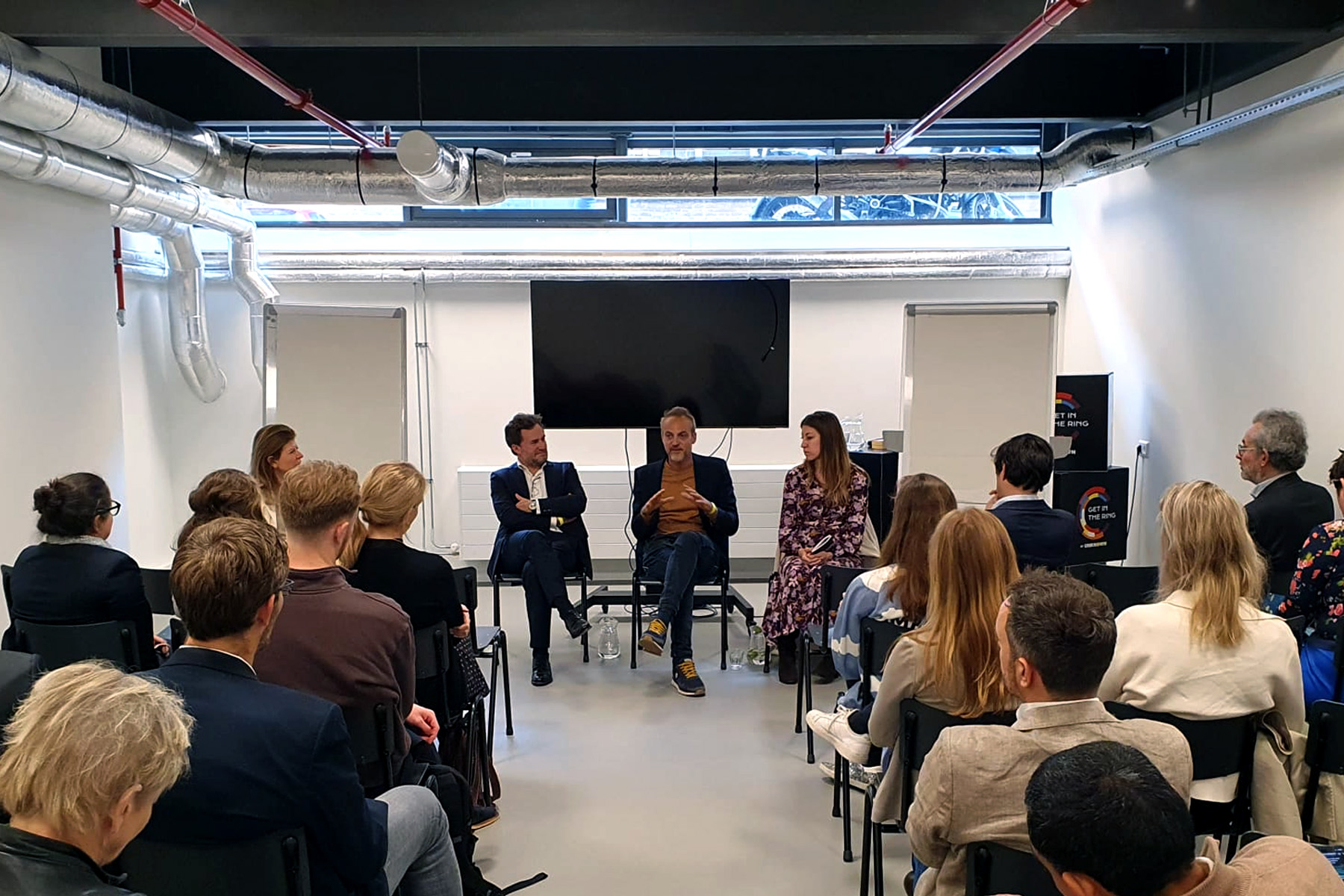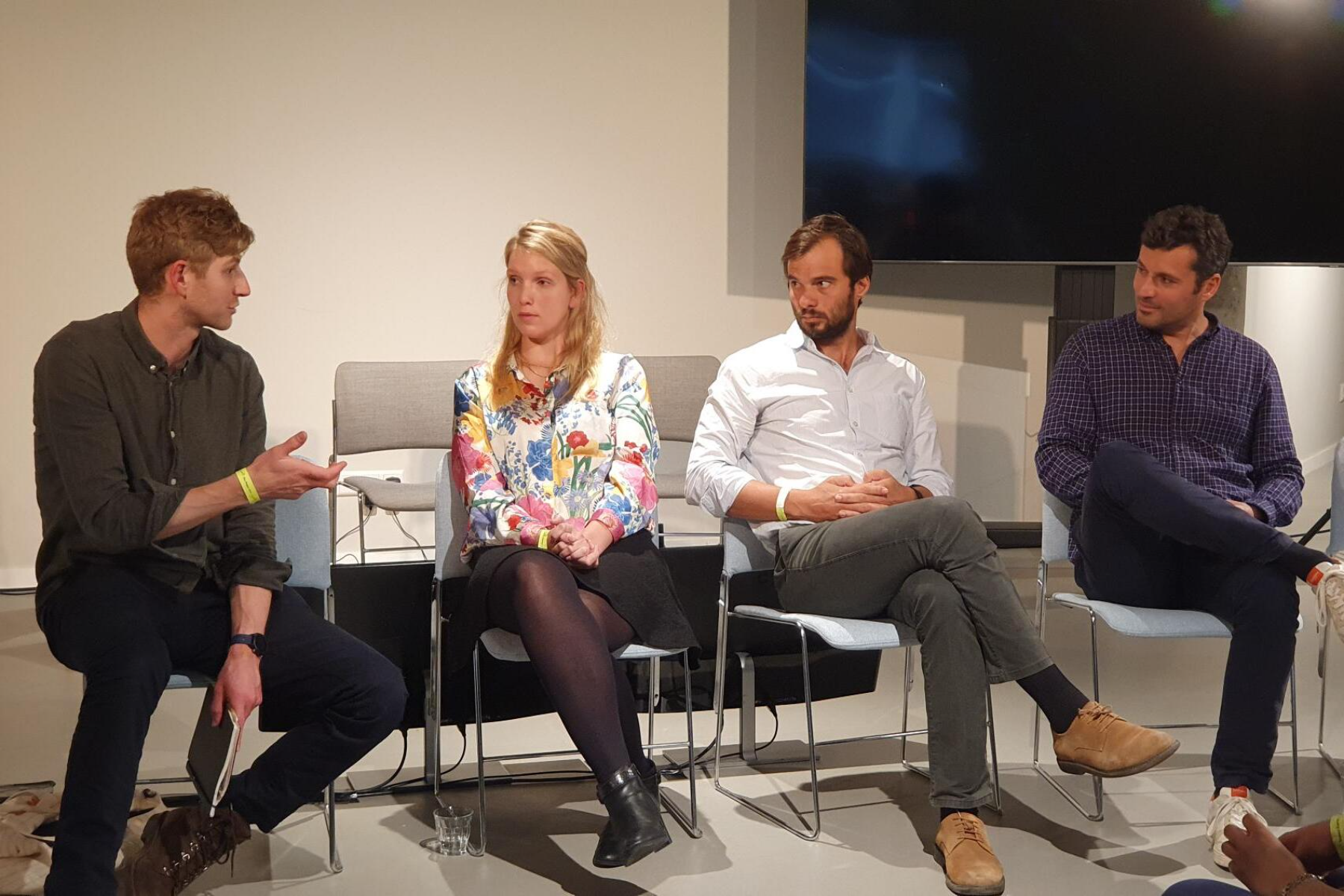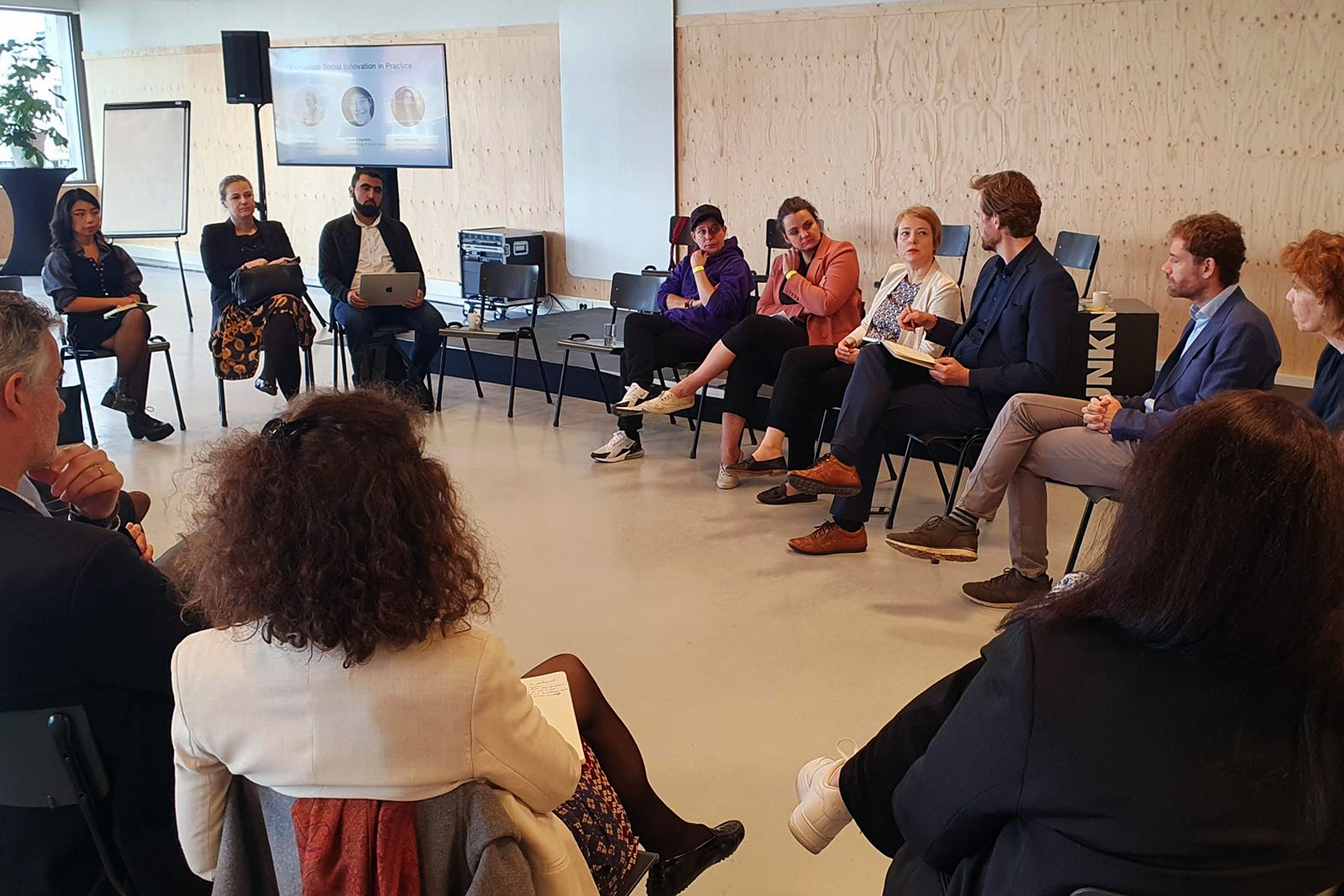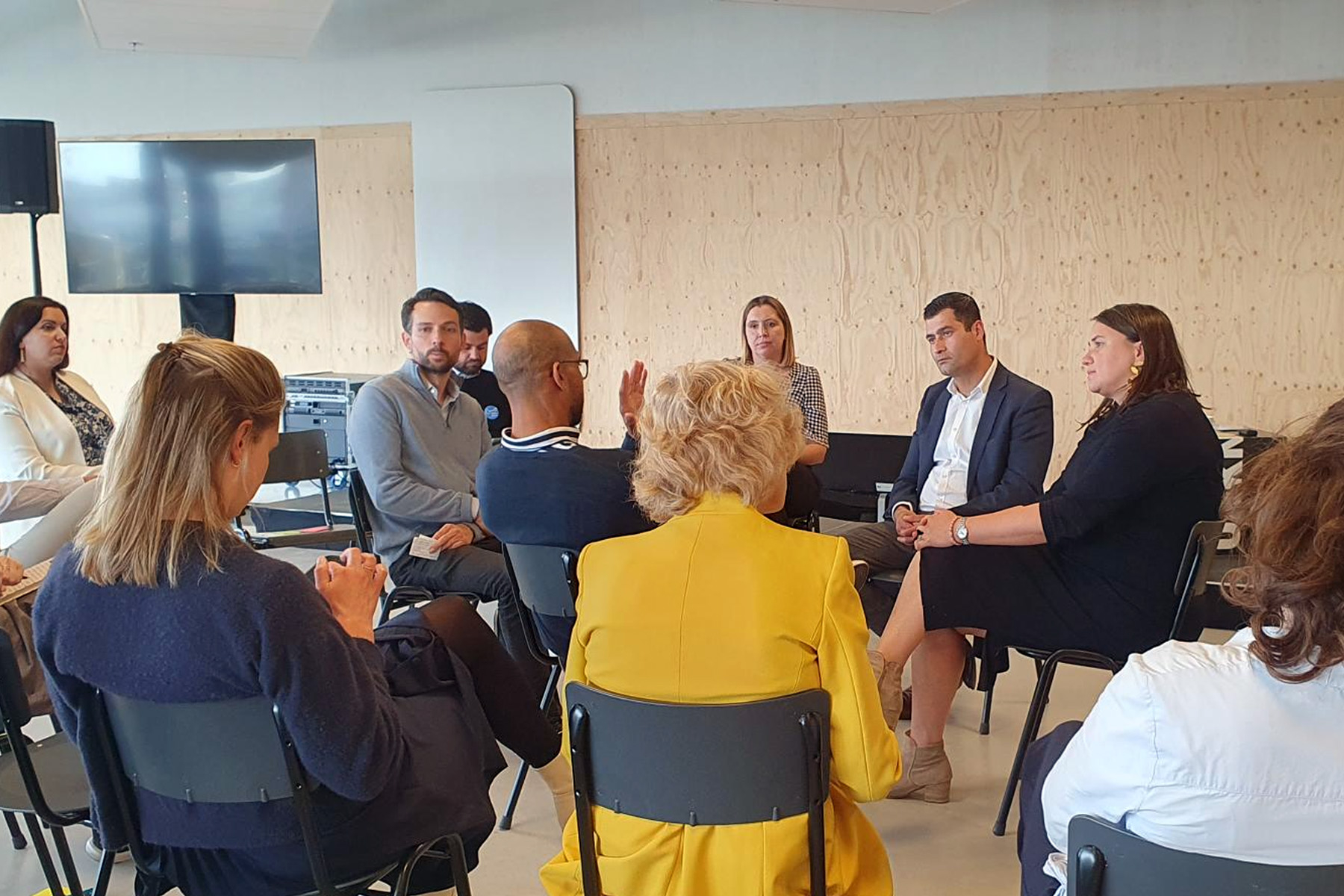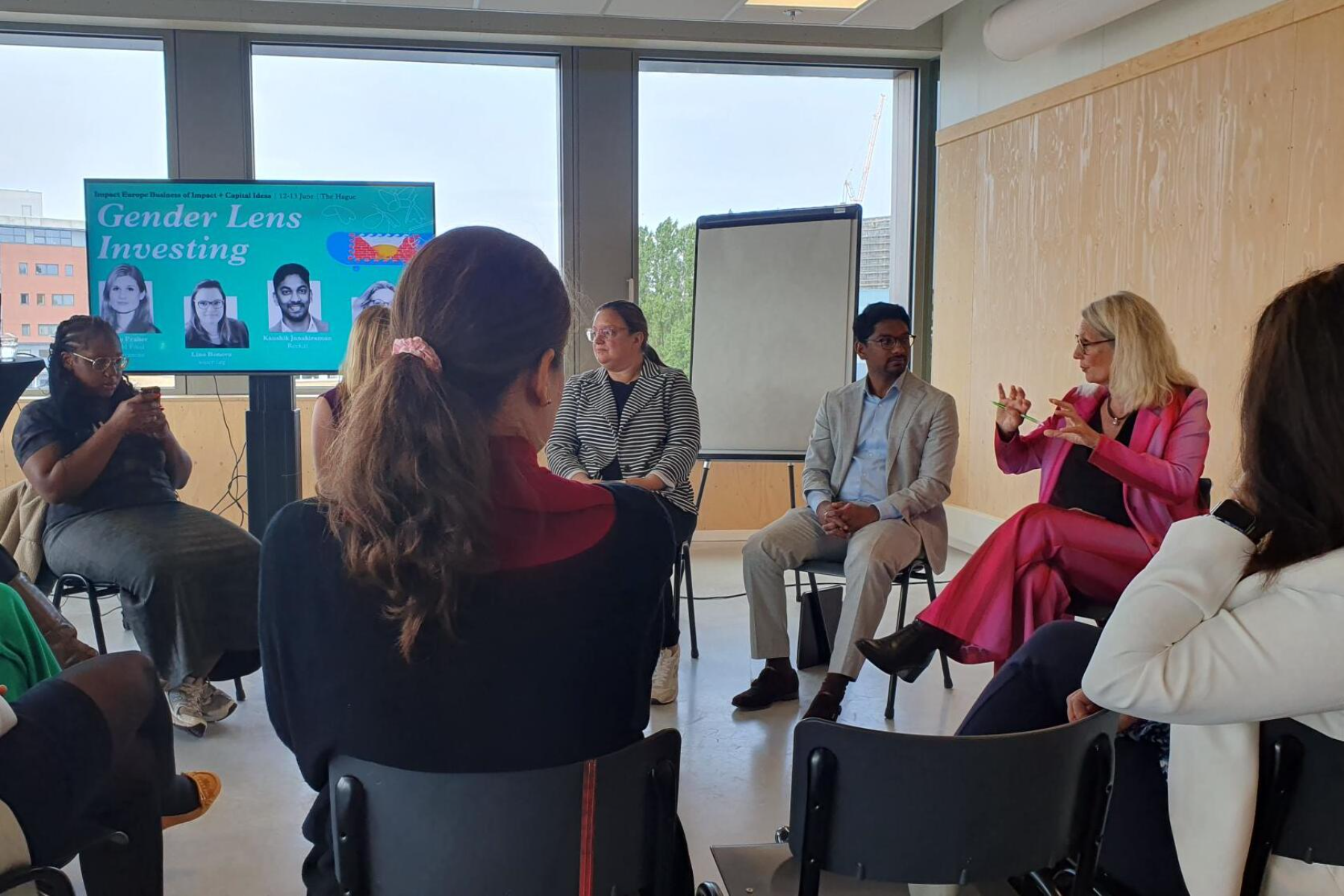Top Takeaways from Business of Impact
From our series Back to Business
Following 2023's Business of Impact in Venice, leaders of the event's breakthrough sessions share key takeaways and insights for the impact community.

Venice, a city of 391 bridges connecting its numerous islands, served as the backdrop for a gathering of over 200 corporate impact leaders at the Business of Impact event, hosted by The Human Safety Net in St. Mark's Square. This unique setting provided the ideal environment to break down silos and foster meaningful connections. Participants engaged in deep conversations, sharing experiences, learning from each other and addressing the challenges and opportunities at the intersection of impact and business. Guided by three action points, the event aimed to create coherence between impact and business agendas, accelerate the impact journey and inspire collective action for greater impact. The following takeaways were driven by new findings presented and the robust community discussion that ensued.
1. Building Bridges: The Convergence of Impact and Business
Impact and business are no longer viewed as separate subjects, but rather two sides of the same coin. Notably, during a poll at the conference, 74% of corporate social investors (CSIs, e.g., corporate foundations, impact funds, accelerators) reported being more closely and strategically aligned with their related companies today compared to three years ago. This convergence stems from CSIs' desire to tap into their company's resources and the growing stakeholder pressure on businesses to demonstrate social responsibility.
Attendees discussed several avenues for creating coherence between impact and business, which by the end took the shape of concrete strategies for further exploration. Employee engagement emerged as a powerful tool for bridging the gap between business and social impact. By exposing employees to social challenges and adding a social lens to their work, businesses can drive meaningful change in their everyday operations and a culture shift within their organisation, incorporating a collective commitment to social impact.
Impact investing has been gaining traction within the private sector, exemplified by the success stories of companies like Unilever and Renault. The practice of combining profitability and impact is an effective hook to get stakeholders with a more traditional business focus on board.
CSIs are no longer perceived as separate entities operating in isolation; they are becoming integral to their companies' overall strategies. One example presented at the conference was the case of The Human Safety Net, which is integrated as a social innovation hub in Generali’s ESG strategy and is a key initiative to position the company as a responsible citizen. Also, other CSIs showcased how they connect with their company's Environmental, Social, and Governance (ESG) strategies and provide unique value beyond regular CSR initiatives. As for proving this added value, effective impact measurement and management can play a pivotal role. For instance, SAP CSR partnered with 60 Decibels to conduct a study on the SAP Social Sabbatical, affirming not only its positive long-term impact on beneficiaries but also on participating employees.
2. Incremental but Promising Progress in Accelerating the Corporate Impact Journey
Many participants sought to learn how they could influence their company's impact journey, recognising the potential to scale social impact exponentially. However, our poll revealed the harsh reality: 42% were not invited by senior management to strategic discussions on accelerating the corporate impact journey, while 24% felt that their viewpoints were undervalued. Panellists reached consensus that these numbers should be different, as a CSI can be a catalyst, acting as an incubator or learning lab for social innovations and solutions for new markets – a good way for business practices to become more sustainable and inclusive.
Not to be discouraged, the community actively engaged in discussions to address this disparity. A crucial takeaway was the need for a compelling business case for impact to become a stronger driver on the journey. One avenue that many attendees pursue is building the social enterprise ecosystem. This approach envisions a future where companies seamlessly integrate social businesses into their value chains. This would not only enhance the impact of entrepreneurs but also offer business benefits by responding to the rising demand for socially sourced products and services.
But, as Yunus Social Business put it, transforming a company into a force for good requires a multifaceted approach, acknowledging both the negative and positive impacts the company generates across its entire value chain. Long-term value creation and a holistic, systems-thinking mindset that actively engages different stakeholders are crucial principles for transformation. The latter point, systems-thinking, resonated well with the industry changemakers in the crowd. Because they operate in pre-competitive environments, CSIs are natural leaders in exploring new mindsets; they are well equipped to drive change across an entire industry by putting pressure on laggards and creating a systemic shift towards sustainable and inclusive business practices.
3. Ravenous Appetite for Collective Action
While collaboration has been a longstanding practice in the impact ecosystem, participants showed a palpable eagerness to put it into action. The traditional silo approach has proven ineffective, prompting attendees to seek likeminded actors within the community. Recognising this desire, EVPA facilitated successful matchmaking around three key topics: youth, food and health.
Youth empowerment garnered significant interest, and attendees had numerous opportunities to engage with the alliance of funders established by EVPA and Schneider Electric Foundation. This alliance aims to empower disadvantaged youth and support youth social entrepreneurship, bringing together organisations with diverse competencies and resources.
Another notable example of collective action was EIT Food's commitment to unlocking capital for regenerative agriculture. By involving farmers and industry actors from the outset, EIT Food exemplified the importance of engaging all relevant stakeholders to drive successful collaboration.
Similarly, the Community of Practice in Health focused on Access to Health in Sub Saharan Africa, founded by We Share Forward Foundation, Bayer Foundation and Boehringer Ingelheim Making More Health, shared insights from their 1.5-year journey, including key milestones such as co-funding in joint deals and a growing membership of 21 impact funders, including leading corporate foundations and impact investors.
Resolutions and Next Steps
Having built bridges between impact and business agendas, between corporate social investing and core business practices and among the members of this vibrant community, it is essential to ensure the durability and scalability of these connections. Stakeholders who sit at the intersection of business and impact need not wait until the next edition of Business of Impact; these ideas are ready to be put into practice today:
Embrace and maximise the convergence between impact and business, leveraging the identified benefits while ensuring impact remains at the core.
Continue to test and innovate, accelerating the corporate impact journey. Examples of CSIs influencing the company are still few, but so was leveraging corporate resources for social impact a few years ago; take note of the opportunity to involve social businesses in the value chain and the mindset shifts necessary for a successful transformation.
Strengthen collective action models. As demonstrated through successful collaborations in youth, food, and health, let us inspire and replicate similar approaches in other thematic areas, building on the progress achieved.
For those eager to engage sooner rather than later, EVPA's Impact Week in Torino (November 22-24) provides an excellent opportunity to connect with the entire EVPA community and further explore the realm of impactful change. Builders of bridges are welcome!
And stay tuned for more to come from EVPA in 2023 on corporate impact measurement and management, putting the S in ESG and accelerating the corporate impact journey!

